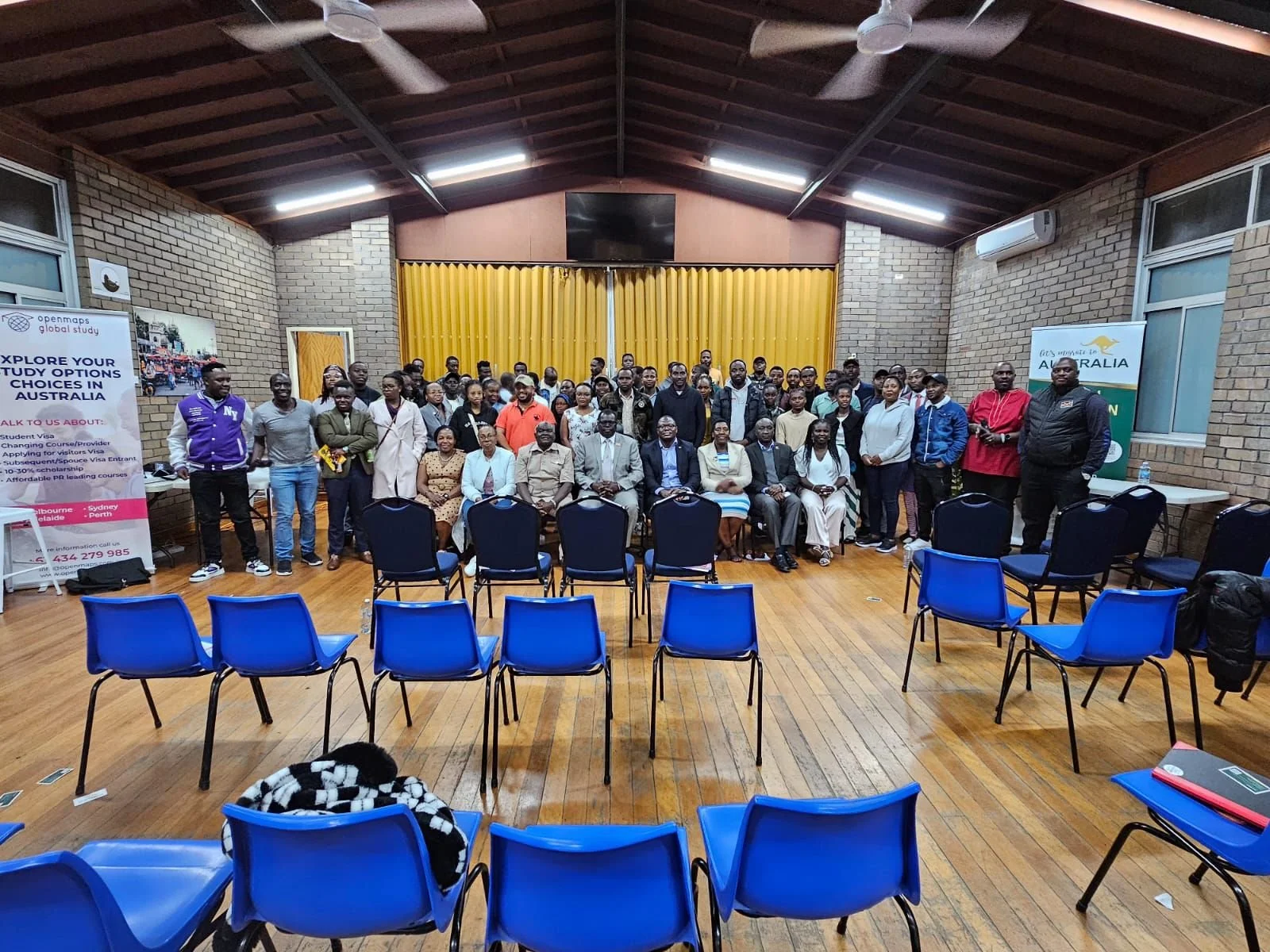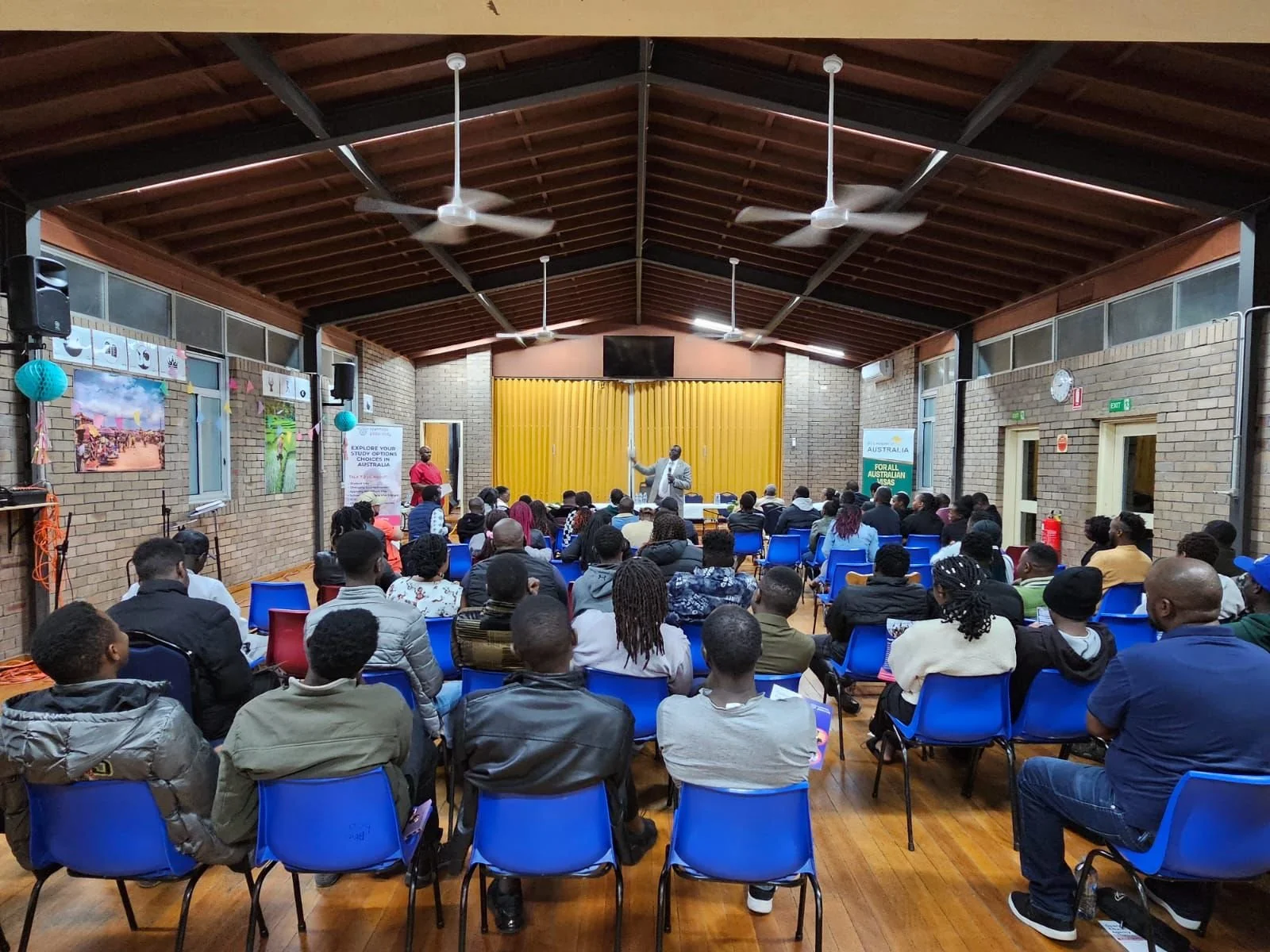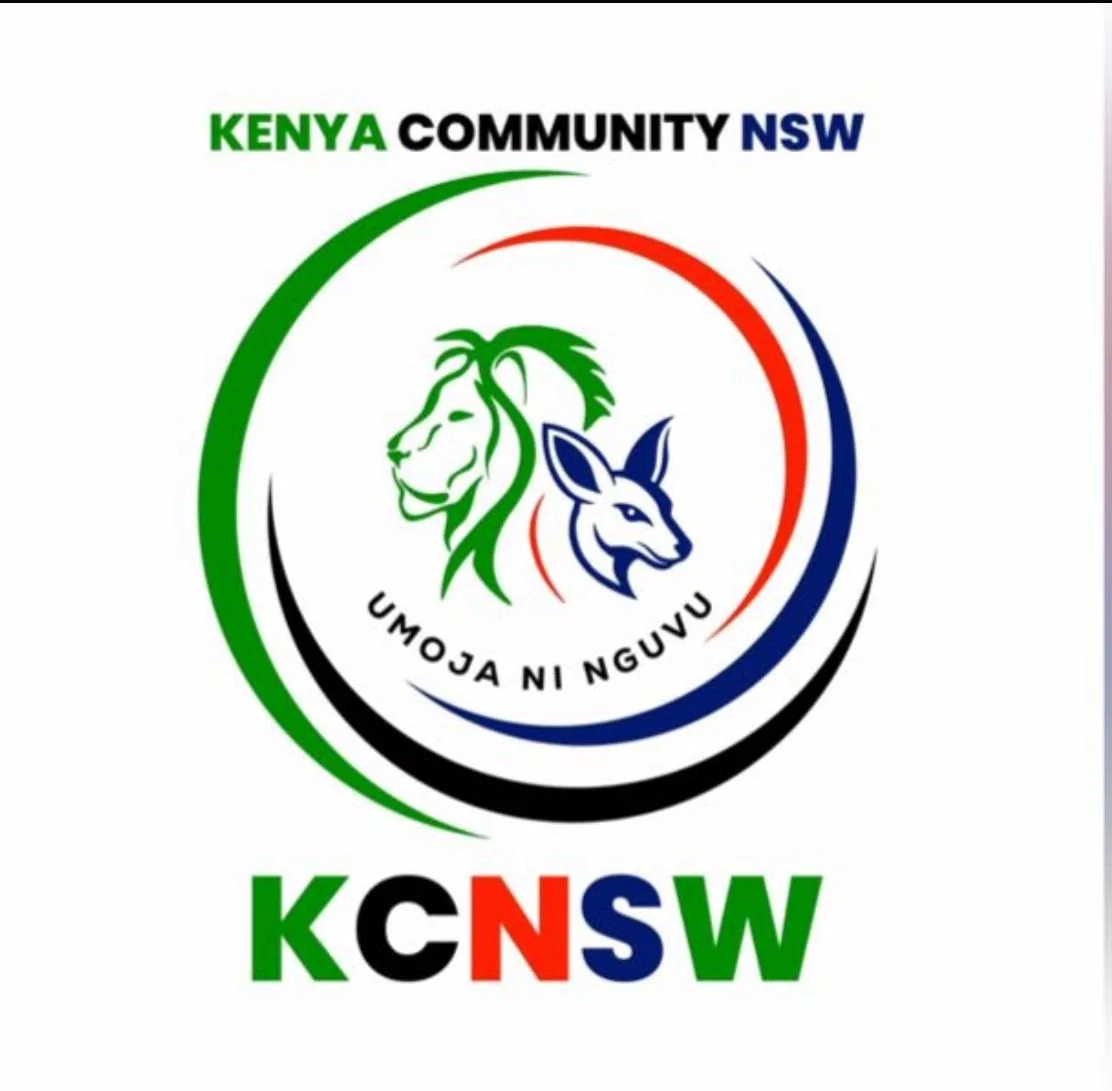Kenyans in Sydney: Shaping the FutureThrough KCNSW
When the editor buzzed my phone yet again, one thing was quite clear: the promised article was long overdue. With the ever-changing dynamics and the endless issues revolving around so many concepts, there was no way a single article could capture them all. To focus on one, as I would later realize, was an act of alienating other issues that equally demanded the same audience, if not more.
In this article, however, I seek to raise, what I define as the core of KCNSW’s progress: a sincere pursuit to look outwards.
The African context of debate, whether in finance, governance, or economics in general, has too often been framed by the need to think inward. In this article I hope to take a different trajectory and implore of us to think outwards.
The Promissory Note
I find that the Kenya Community in NSW must have a central place in the NSW conversation, that our community is not just a statistic to be counted in the ABS. We must transform our numbers into a force that actively contributes to the progress of Australia.
This progress must be reimagined in our contribution to economic goals, to political goals, and to the very thread of multiculturalism that makes Australia beautiful. The Kenya Community brings forth experience, education, and a proven track record in entrepreneurship.
What is clear, and what we must agree among ourselves, is that this potential remains untapped, underutilized, and what we have called in other writings “missed potential.” This must change. Kenya’s pivot into a force in Australia’s conversations is at the very core of what the Kenya Community NSW leadership is working towards.
Looking Back
The Kenya Community NSW, as an organisation, was not the first attempt to bring Kenyans together. This conversation of unity, which is often interpreted as the initial step before engaging with external partners, has been attempted many times. Before KCNSW, at least two other organisations tried and failed. I use the word failed deliberately, because it was the gap left behind that necessitated the creation of KCNSW.
As Frantz Fanon reminds us, when a people come together, it means they have recognised that some of the challenges confronting them are best addressed through a structured and unified force. KCNSW was born in this spirit. From its early beginnings as a WhatsApp group, then an adhoc framework, before finally gaining official legal status in February, KCNSW has stood where others have faltered. Why? Because speaking of unity is one thing; achieving it is another. The problem has not been that our people do not desire unity, it is that the community has evolved, yet the objectives of earlier leadership projects remained stagnant.
Maybe fifteen years ago it made practical sense to focus only on internal issues. But as one can now see, we have evolved. We have evolved to ask greater questions. We have evolved to push for intergovernmental deals between Kenya and Australia. We have evolved to recognise that Kenya can claim its audience with ministers, in different corridors of influence, not merely for optics or to fill the so-called political gallery, but to initiate projects, to review them, and to track them to completion. This is the future for Kenyans in Sydney and in NSW at large, and it falls squarely within the mandate of the Kenya Community NSW leadership.
The High Commissioner once noted that “we must tell our story.” These words echo those of Chimamanda Ngozi Adichie, who warns of the danger of a single story. For us, the audience of this story is the NSW government and other structured bodies mandated to protect and advance our interests. The conversation must be directed outwards.
Today, KCNSW is already enjoined in the drafting of different papers that represent a collective African position on certain policies. Through these collaborations, Kenya now participates in broader conversations that strengthen multiculturalism as a living, breathing concept. Once again, we affirm we are not merely a fraction of numbers.


The Quadrants
Every company or organisation understands that survival in any market requires focus. Not everything can carry equal weight; some issues demand greater effort than others. Productivity thinkers agree that it is the focus on a few things that produces real progress. In marketing, the phrase often used is find your edge in a quadrant — serve that small viable market with ultimate focus.
KCNSW, of course, cannot simply cut away a significant part of its members, but it must define its quadrant. Among the issues that diaspora associations like ours face are cultural preservation and progression, welfare concerns, social events, student-visa-migration matters, business, external cooperation and advocacy, mental health, among others.
For KCNSW, the No.1 quadrant must be:
Social events and external co-operation & Advocacy
This is followed by:
Business
Student-visa-migration
Other matters, such as national holidays, can be addressed from time to time. Mental health has already been well championed by Social Junction, while cultural preservation is being handled by at least five other Kenyan associations. Of course, this shall not be implied to mean we won’t focus on the other areas, but more energy in quadrant 1.
So What Is Different?
For the first time, advocacy is placed firmly in the first quadrant. This focus on advocacy and external cooperation means building and deepening relationships with organisations such as African Professionals Australia and continuing the good cooperation with the African Australian Advocacy Centre. It means strengthening the exchange of ideas with community leadership, to open more opportunities for our fellow Kenyans.
One of my mandates as the President, starting this August, has been to bring in new partners. These partnerships are crucial to the growth of our association. Through them, we secure opportunities, advocate better, and fuel progress. Simply put, there can be no meaningful progression unless we cooperate externally.
The idea will obviously take time to evolve, and we must anticipate many dynamics as we continue to embrace this aspect. Though not exactly new the intensity, focus and willingness must attain new heights. Our co-operation with other African state-based organisations is rather crucial for this next step which I find “unavoidable.”
A Lesson from Nokia
Nokia's former CEO once said, "We didn't do anything wrong, but somehow, we lost."
The fall of Nokia wasn't about incompetence; it was about moving too slow. They underestimated how fast innovation was changing and failed to adapt to new ecosystems.
The real lesson? In business, organisations, comfort is the enemy. Companies must disrupt themselves before someone else does. The danger isn't mistakes; it's refusing to evolve.
This the Kenya Community Future; this is the mandate of those in leadership.
